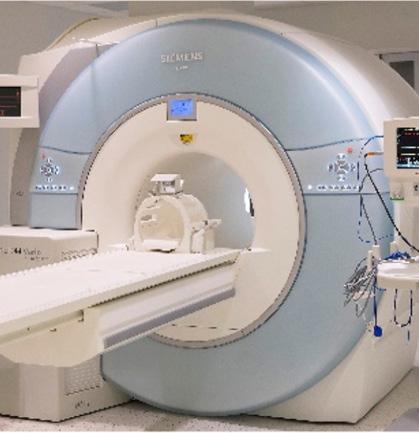SCHUBOT CENTER FOR AVIAN HEALTH The Schubot Center for Avian Health is an academic center within the VMBS. Its mission is to conduct research into avian health and conservation issues, spanning pet, wild, and exotic birds. The center's research spans disease ecology, parasitology, genetics, behavior, toxicology, pathology, and more. It is also involved in diagnostic test and vaccine development research. Members teach undergraduates, graduate students, and DVM students about avian health and conservation issues. The Avian Health Complex—with aviaries, isolation facilities, a laboratory, a clinic, and a classroom—is the largest and best equipped of its kind in the United States, currently housing over 200 birds used for teaching, outreach, and research.
Highlights from FY22 include: The Schubot Center membership is growing with over 75 Texas A&M University members including faculty and staff, postdoctoral associates, graduate students, DVM students, and undergraduate students from eight different departments across three colleges. Members contribute to member meetings, research presentations, outreach events, and provide a collaborative support network throughout the year spanning diverse avian topics. In the third year of the Schubot research mini-grant program, the center awarded up to $2,500 in research funds to each of 8 successful applicants, including undergraduates, graduate students, postdocs, and faculty across five different departments and three colleges. Additionally, four researchers in the travel grant program received funds to defray costs of presenting avian research at a conference or participating in a workshop. The Schubot Aviary Veterinary Students (SAVS) is a group of 12 DVM students who work closely with the aviary manager and veterinarians to assist in health assessments and veterinary care of the bird at the Avian Health Complex. In the Fall, Spring, and summer semesters, a small number of undergraduate students enrolled in the Avian Behavioral Training course, a high-impact, handson course in which students learn the principles of animal behavior and positive reinforcement training, use apply these skills as they set goals for the macaws in the aviary to improve their quality of life and ability to receive veterinary care. External research funding coming into the Center includes awards the Texas A&MLos Alamos National Laboratory Collaborative Research Program, the Innovation[X] program, the Pat Palmer Foundation; and more. Viridiana Martinez (PhD candidate, Ecology and Conservation Biology Dept) and Ty Tortella (DVM student) received the 2022 Schubot Avian Health Director’s Awards in recognition of avian research accomplishments and contributions to the Schubot Center. The center was involved with several outreach initiatives, including hosting multiple hands-on captive and wild bird labs for the Zoo, Exotics and Wildlife Wetlabs annual 2-day event in which DVM students from multiple campuses come to Texas A&M for advanced training in subjects that are typically underrepresented in most veterinary school curriculums; Schubot was also the lead sponsor for the event. Under the leadership of aviary manager Debra Turner, the Center also hosted several tours for high school and middle school students, summer camp programs, and local scouting troops. The Schubot Seminar Series has continued across FY22 with several internal and external speakers presenting their avian research and interacting with members over meals and meetings. Externals speakers included Dr. Tim Wright (New Mexico State University) who presented on vocal learning in parrots, Emily Halmser (Lincoln Memorial University) who presented on ophthalmic health in birds.
The graphic element for the Schubot Center for Avian Health features the Whooping Crane, the Scarlet Macaw, and the Monk Parakeet.
Schubot member Meredith Anderson, veterinarian and PhD student in Ecology and Evolutionary Behavior, is studying the impact of pesticides on bird health at field sites across diverse Texas ecoregions.
Texas A&M Young Adventure Program 2022 from the Veterinary Medicine School in the Schubot Aviary lab working on microscopic avian blood analysis 2022 VMBS Annual Report • 37






























